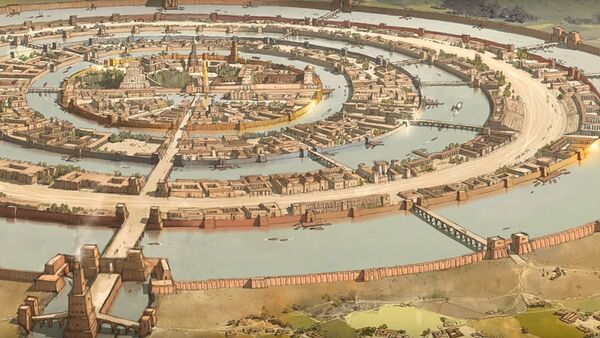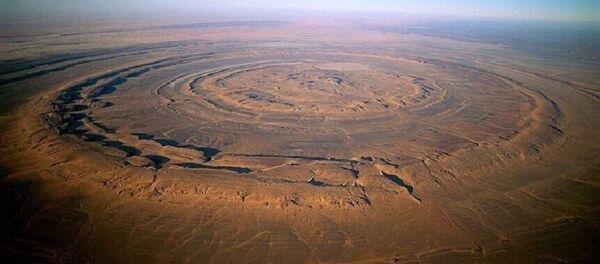A British historian named Matt Sibson has announced that he may have deduced the location of the mythical city of Atlantis, which, if his theory is to be believed, was situated off the coast of Ireland.
"It was shown in so many maps in the 16th and 17th century and then it disappeared – it can't be a mistake. It is located northwest of Ireland and there are a number of smaller islands around it. And it can still be seen on modern mapping tools under the sea, close to the Faroe Islands," Sibson told the newspaper. "It ticks a lot of boxes in terms of location, the fact that it is sunk and was above sea-level at one time."
He did admit, however, that his discovery also raises a number of questions.
"Some people do point out that there was 2km of ice there, but there is a gap of more than a thousand years where the ice had melted between 14,700BC and 12,900BC,” he said.
The historian also noted that Plato wrote about elephants in Atlantis, theorizing that the Ancient Greek philosopher might have been referring to wooly mammoths instead.




